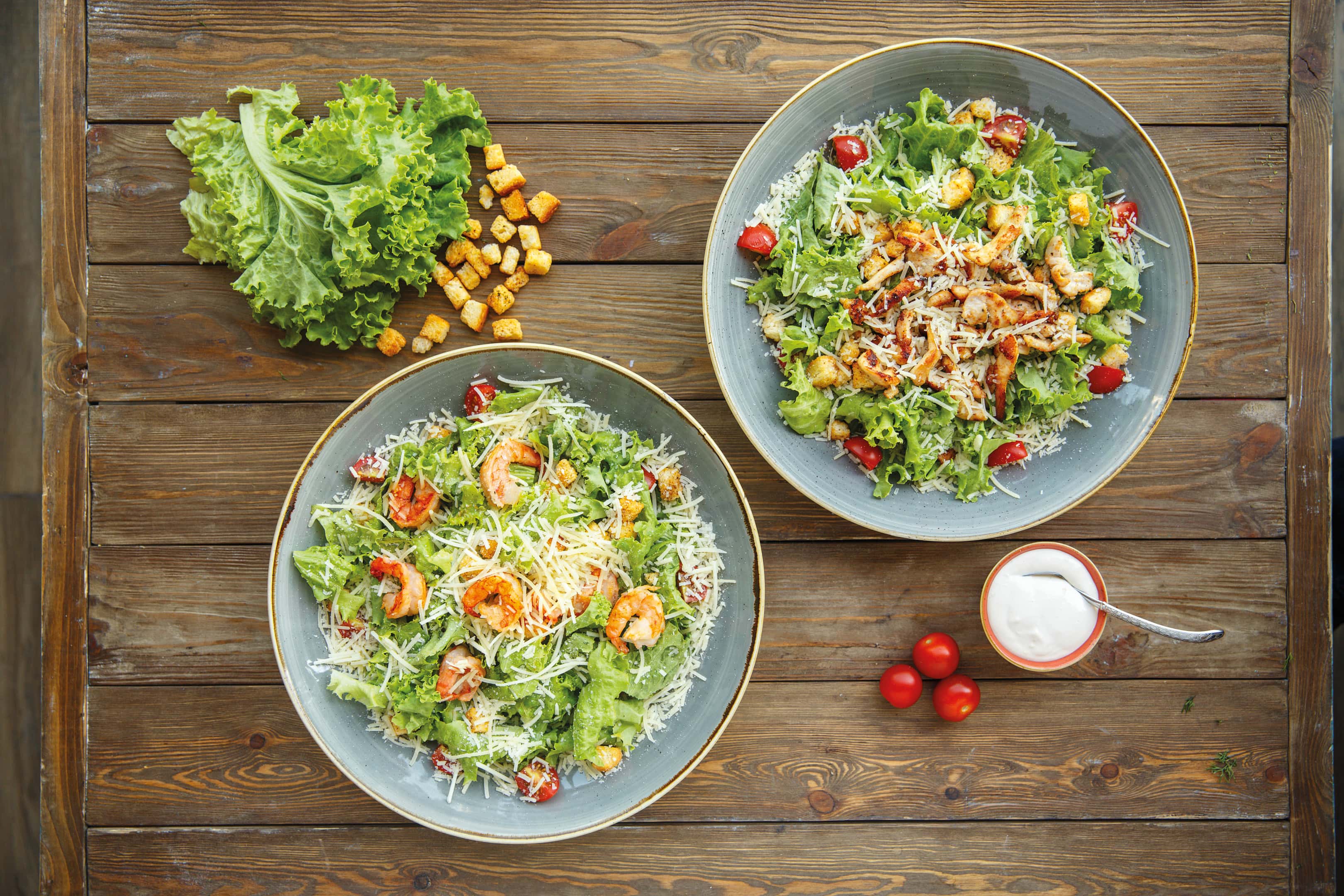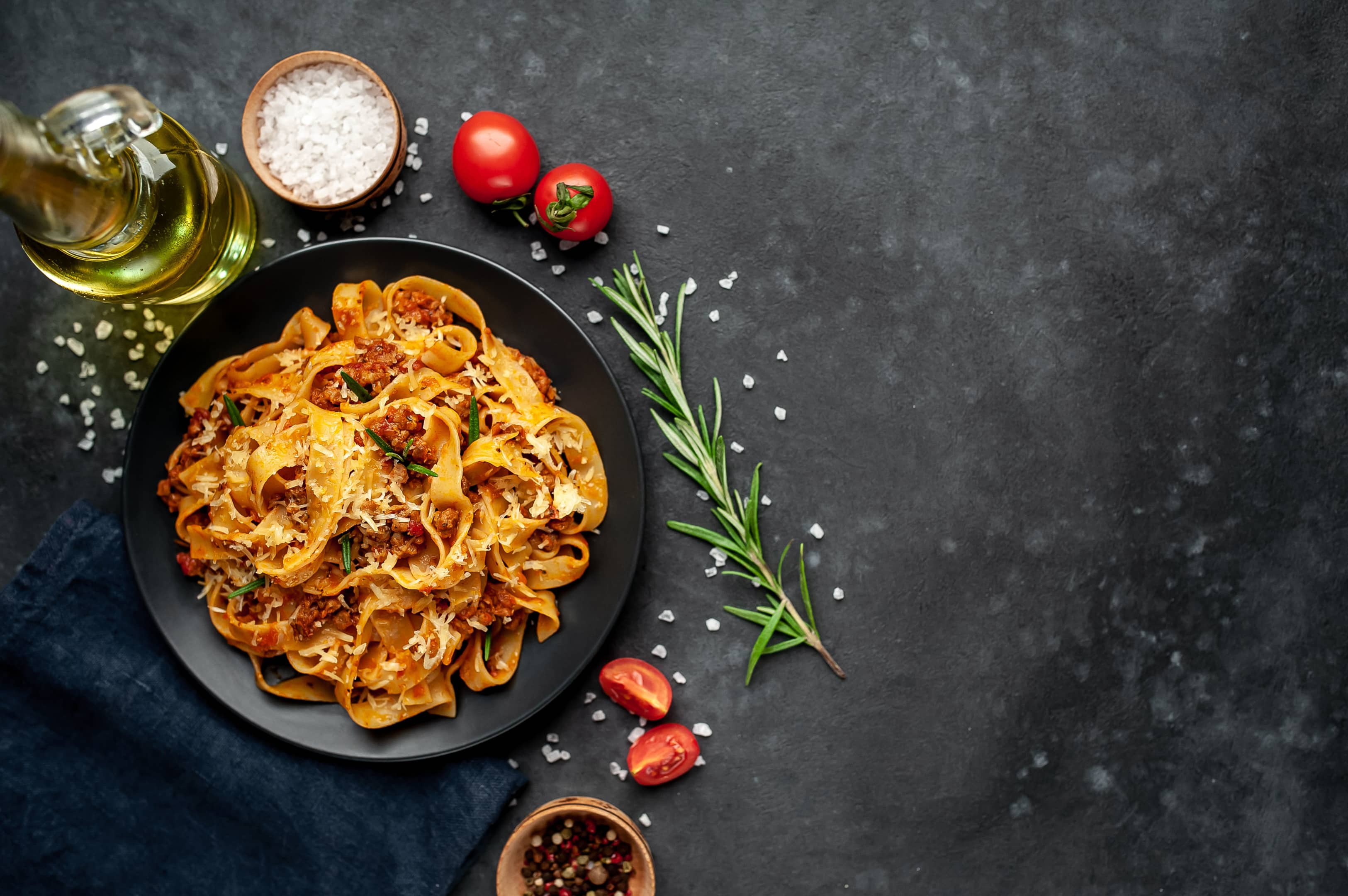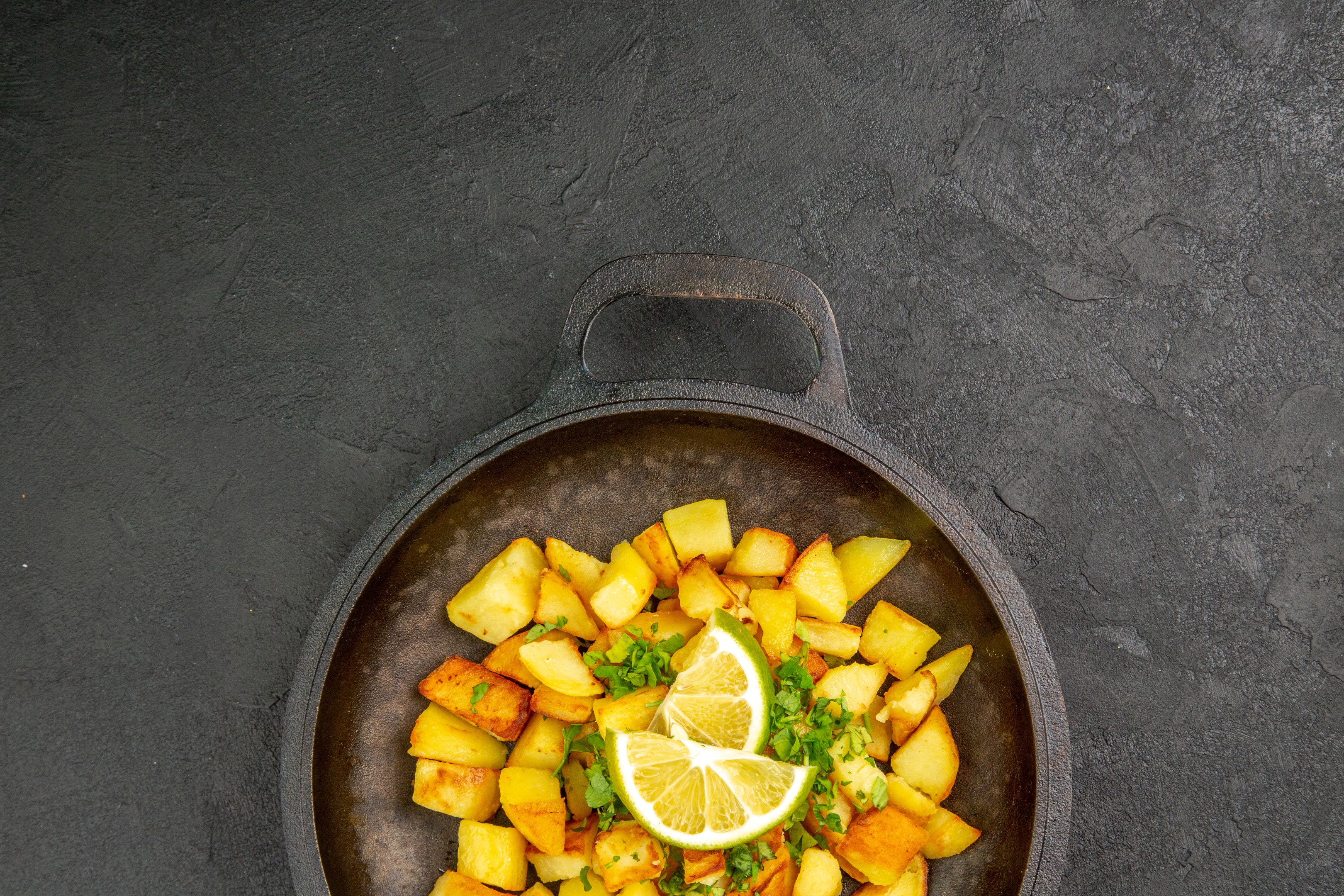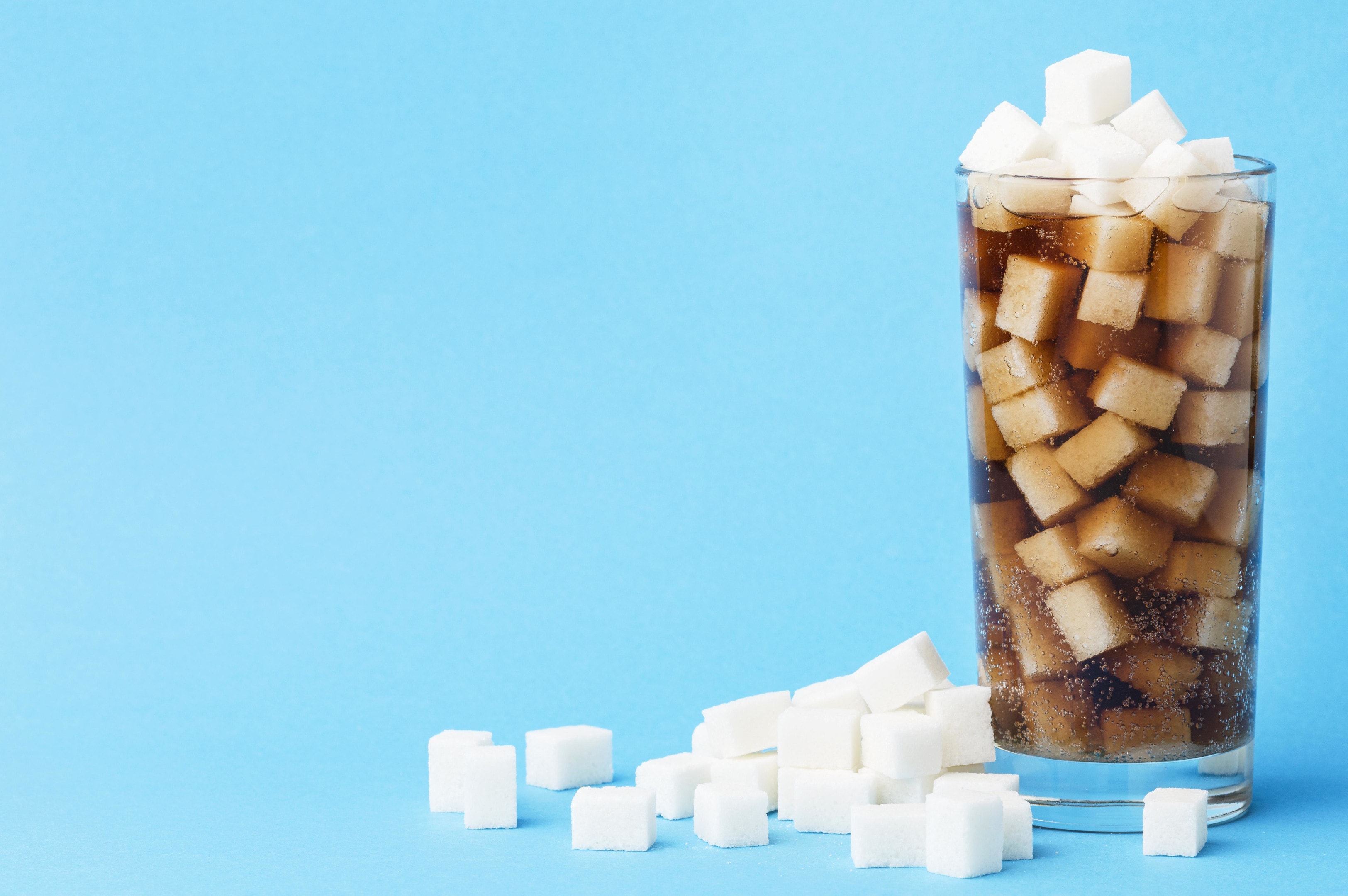Key takeaways
- The post lists seven food categories it says can be harder on eye health, including sugary dressings/condiments, trans-fat sources like margarine, refined “white” carbs, fried foods, processed/high-salt foods, high-sugar foods, and sweetened drinks.
- It explains why the post connects eye health to broader health factors (like blood sugar and cardiovascular health) and how those may affect vision over time.
- It highlights nutrients the post says your eyes need—such as vitamin A, lutein/zeaxanthin, omega-3s, vitamins C and E, and zinc—plus example food sources.
- It also shares basic eye-health practices like using appropriate eyewear and giving your eyes regular rest from screens.
The health of your eyes and the rest of your body are tied together. However, you can still do some specific and essential things about your diet and lifestyle to ensure optimum eye health.
Before you can reason out that you did not see the eye diseases coming (pun subtly intended), here is a list of the worst foods for eye health, a list of nutrients your eye needs, and ending with other healthy practices for your sparkling orbs.
Worst foods for eye health
1. Condiments and dressings

Salads are often the go-to meal for people on a diet. This means a mix of raw fruits and vegetables which are crisp, refreshing, and healthy! What is not to like? You can fill your plate more than once until you find your stomach satisfied.
But is your salad meal truly healthy? Not if you drench it with dressings filled with added sugars.
As you read along, discover how our main culprits for causing eye damage are fats and sugar. Salad dressings and condiments, even table sauces, may contain enough of these dangerous ingredients to hurt your eyes.
So, if you find yourself craving that additional flavor, be wary of the seasoning you use, especially those with a bit of extra sugar or salt. Opt for healthier alternatives like honey or natural balsamic vinegar.
2. Margarine

Butter is out, and margarine is in, at least for health-conscious people. However, did you know that margarine still contains a significant amount of trans fat contributing to your cholesterol level? The chemicals that are in margarine contain oxidized fats, and too much consumption can lead to cell damage and inflammation in your body.
It is helpful to remember that your eyes are not the only organs in danger if you keep consuming unhealthy fats. The cardiovascular system is affected, too, and your eyes are directly linked to it as blood vessels called retina vasculature are present at the back of your eyes. From this, you can probably see why your eye’s state is connected to any underlying problem regarding the heart.
If you really cannot leave margarine out of your cooking, choose brands made with vegetable oils, and those you can easily spread and not the more solid ones.
A healthier alternative would be coconut oil, avocado oil, or olive oil.
3. White foods

You may be consuming more white foods in your diet than what is healthy for you. White bread, white rice, and flour foods, including your favorite pasta dishes, may not necessarily be considered “unhealthy”. Is it healthy, though? Not really.
The simple carbohydrates in white bread, rice, and flour foods have been linked to a higher occurrence of age-related macular degeneration or AMD. AMD can lead to loss of vision. Because the body quickly digests simple carbs, there comes a sudden increase in blood sugar, damaging the eyes.
If living without bread or pasta seems impossible, go for whole-grain alternatives. If you are more on the rice habit, consider buying brown rice, which is healthier than white. You can even forgo white food altogether and live on other grains and seeds like barley and quinoa.
4. Fried foods

Fried foods are such a treat! You might even agree that anything tastes good as long as it is fried. However, no matter how your taste buds take delight in a greasy meal, the rest of your body will be the ones to suffer for it.
The oil used in making fried foods such as fries, meat, chips, even vegetables is notorious for increasing the risk of stroke, heart attack, and, yes — loss of vision. The bad cholesterol it contains can lead to AMD.
Baked food is healthier than fried, and if you have to use oil, then opt for cooking oils that contain saturated fat of fewer than four grams per tablespoon. If you can, avoid corn oil, soybean, and sesame oil because they can have too much linoleic acid. Linoleic acid is a kind of unsaturated fat linked with AMD.
5. Processed foods

The world is moving too fast, and people mostly prefer to have everything — even food — in an instant. However, processed foods have negative impacts on the body’s overall health, so of course, they can affect your vision, too. They contain high amounts of salt as preservatives, and while they are easy to store and consume for longer periods, the effects are depressing.
Too much salt consumption leads to water retention. This results in swollen eyes. Worse, your blood pressure can get pretty high, and again, cardiovascular problems impact vision problems.
Do yourself a favor and gradually lean to a plant-based diet where you can eat things straight from the farm, and the nutrients work like a miracle.
6. Foods with too much sugar

For some people, it is truly hard to say “no” to desserts, especially as the stomach always seems to make room for desserts. Be careful, though, because apart from toothaches, they can cause other health problems, including diabetes.
Insulin, which is a hormone used by the body to get rid of excess sugar from the blood, is primarily affected when you get diabetes. Low levels of insulin cause high blood sugar and increased blood pressure.
Diabetes comes with many other problems, and one of these is diabetic retinopathy. Diabetic retinopathy is an eye condition where the blood vessels situated in your eyes become damaged. There are cases when the damage is irreversible. This condition can range from the blurriness of vision to visual impairments, and worse, blindness.
If you need to add any additional sugars to your meal, try raw honey as a sweetener.
7. Sweetened beverages

Too much sweetness has its risks, as you know by now. If solid foods with added sugars are not good for you, it only makes sense that sweetened beverages are discouraged.
Water is the best beverage if you want to be healthy. However, once in a while, you’d probably crave a flavored drink. So what do you do in these situations? Decide between carbonated drinks, artificial fruit juices, coffee, or tea. Consuming these delicious beverages once in a while may not be so bad, but be careful of creating a habit out of it.
Nutrients your eyes need
The following nutrients in this list can serve the whole body well. Your eyes will especially benefit from them. These nutrients help in maintaining proper eye function, protect it from harmful light exposure, and decrease the chance of developing degenerative eye diseases as you grow older.
1. Vitamin A
Vitamin A is essential in maintaining the eyes’ light sensors called photoreceptors. Vitamin A deficiency causes eye problems like night blindness.
Vitamin A is mainly sourced in animals, such as liver, dairy products, and egg yolks. The notion that carrots are good for the eyes is because it contains provitamin A carotenoid. Carotenoid is an antioxidant found in many other fruits and vegetables like kale and spinach.
2. Lutein and zeaxanthin
Lutein and zeaxanthin, known as macular pigments, are also types of carotenoids. These nutrients are concentrated in the center of the retina, which is responsible for receiving light.
These two antioxidants serve as natural sunblocks that protect the eyes from blue light. Egg yolks, spinach, and kale also contain these two, and they often come in pairs.
3. Omega-3
Fats can be extremely bad for you, but healthy fats like omega-3 fatty acids are a different case. Omega-3 EPA and DHA play an important role in the brain and eye development of an infant.
DHA helps eye function and can be found in the retina. Fatty fish like salmon and tuna are among the best sources of omega-3.
4. Gamma-linolenic acid
Aside from omega-3, the omega-6 fatty acid is also considered a healthy fat. Gamma-linolenic acid or GLA is found in omega-6 rich foods. Omega-6 fatty acids can lead to high blood pressure. GLA, however, has been regarded to contain anti-inflammatory properties.
You can get GLA from oils like starflower oil and evening primrose oil.
5. Vitamin C
The outermost part of the eye is filled with a liquid called aqueous humor. In it, Vitamin C is more concentrated than any other fluid in the body. Eating Vitamin C-rich foods can increase the levels of Vitamin C in this part of the eye.
Citrus fruits, kale, bell peppers, and broccoli, plus many other fruits and vegetables, are high in Vitamin C.
6. Vitamin E
You will remember that the retina contains DNA which is an Omega-3 fatty acid. To protect it from harmful oxidation, you will need Vitamin E. This vitamin is a fat-soluble antioxidant, and deficient levels of it can lead to retinal degeneration and, eventually, blindness.
Almonds, sunflower seeds, and vegetable oils are rich in Vitamin E.
7. Zinc
Many essential enzymes contain zinc, and they help produce antioxidants. Zinc is involved in visual pigment formation in the retina. Your eyes have high amounts of zinc, keeping you from having night blindness.
You can increase zinc levels by consuming oysters, some meat, seeds, and nuts.
Healthy eye practices
1. Maintain a healthy body
The overall health of the body is essential for eye health. Now that you know what foods to avoid and what nutrients you should be consuming, you are one step closer to a well-balanced diet. Maintain a healthy weight and quit vices such as smoking.
2. Use appropriate eyewear
Consult your eye doctor for eyewear prescriptions that are just right for your eyes. If you have to go out often under the heat of the sun, invest in eye shades that can help block UV rays. If your work is at risk for any eye injury, always wear safety glasses or goggles.
3. Rest your eyes
Like the rest of your body, it is no good to overwork the eyes. The average person spends too much time in front of a screen. It can cause eye problems like strain and dryness. Remember to blink from time to time to retain moisture and rest your eyes every 20 minutes.
Conclusion
The windows to the soul are also used to see the world outside ourselves. Do not take your sight for granted, and keep your eyes healthy and sparkly with this guide.






